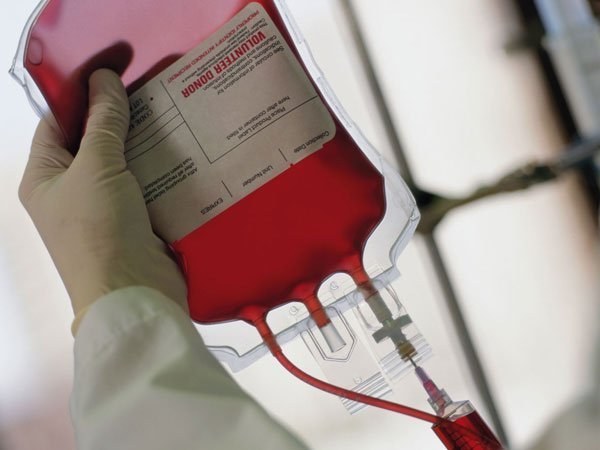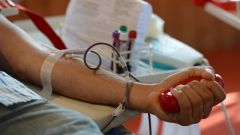Instruction
1
In Russia the donor may be any citizen aged 18 to 60 years. All procedures required for examination of the donor and his blood, are free. Blood can be rented directly for its use, as well as to obtain plasma and blood cells. Donors themselves are divided into 2 categories: active and reserve donors. Active donors give blood 3 or more times a year. Donors reserve have less than 3 donations a year. In the presence of a contraindication to blood donation, the reason for the refusal is documented. If there are temporary contraindications donor is examined further.
2
All potential donors are examined in specialized medical centers. You must have a passport and military ID. Each donor has a medical card. Before delivery of blood the donor passes the clean room, where to donate blood for hemoglobin, grouping and fills the documents for accounting. This is followed by the examination of the doctor-transfusiologist, which examines donor, determines its suitability and assigns required to surrender the amount of blood plasma or cells. If necessary, the donor has assigned additional tests and research.
3
Prior to giving blood for donation rent analysis to determine the RH factor, analysis for the presence of antibodies to HIV-1, HIV-2 and HIV P24 antigen, for the presence of antigen to virus of hepatitis b and C, for the presence of antibodies to pale treponeme. Counts the number of lymphocytes, platelets, and erythrocytes. Health authorities a list of necessary research can be increased. Once a year, the donor provides outpatient card from the clinic indicating recent disease, data fluorography, the results of urinalysis. Women offer help on gynecological health. 6 months after blood donation, all donors are tested again to eliminate the possibility of the incubation period of certain diseases.
4
After donating blood undergoes additional validation. She is quarantined for 6 months. After the lifting of the quarantine of blood several times to test for antibodies to HIV and antigens to viral hepatitis. This is due to the fact that these diseases do not manifest themselves immediately, and even modern test systems are not so sensitive to detect them in the first weeks of infection. And people can donate blood repeatedly, not knowing about the presence of dangerous diseases.


